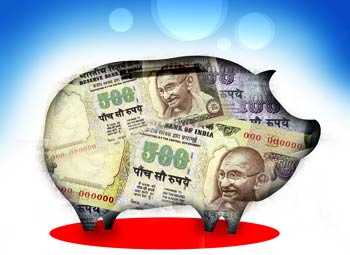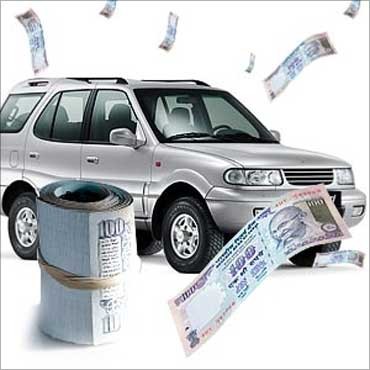 | « Back to article | Print this article |
6 FACTS you must know about wealth tax
Here are some facts about wealth tax that all taxpayers should know...
Most people believe that paying their taxes diligently and timely will help them to get a good night's sleep and so, they discharge their tax liability year after year by paying income tax on time. However, many taxpayers remain ignorant about paying another form of tax -- which is charged on the assets gathered by them.
Known as the wealth tax, it is the less famous sibling of income tax, which is payable on the wealth accumulated by individuals over the years. As it is an additional tax, it is levied over and above income tax.
While income tax is payable on the total taxable income earned by an individual in one year, wealth tax is paid on the possession of certain properties which fall under the Wealth Tax Act of the Indian taxation system.
Courtesy:
6 facts you must know about wealth tax
What is wealth tax?
Wealth tax is a direct tax levied on the ownership of certain assets by individuals and Hindu Undivided Families (HUFs) even though these assets may not generate any income.
It is an annual tax and is imposed with reference to the previous financial year or the present assessment year. It is governed by the Wealth Tax Act, 1957.
6 facts you must know about wealth tax
Which assets attract wealth tax?
The assets which are taxable under the Wealth Tax Act are residential property other than one house, guesthouse, farmhouse, motor cars, precious metals including those in the form of jewellery, gold, furniture, utensils or other articles, aircrafts, yachts, boats, urban land and cash in hand in excess of Rs 50,000.
In addition to these, all assets transferred by individuals to their minor children and to a spouse for inadequate consideration also attract wealth tax.
6 facts you must know about wealth tax
Which assets are exempt from wealth tax?
Assets such as financial instruments, a residential house, cars, property, stock-in-trade or other assets which are used commercially (for business purposes) do not attract wealth tax.
Plus, wealth tax is not imposed on those residential properties which are rented for at least 300 days in a year.
6 facts you must know about wealth tax
Residential status also affects total taxable wealth
In India, the extent of taxable wealth for individuals differs with their residential status. For resident Indians, net taxable wealth will include all assets in India and abroad whereas for non-resident Indians, net taxable wealth includes only those assets which are in India.
6 facts you must know about wealth tax
How to calculate wealth tax?
Wealth tax is paid when an individual's net taxable wealth minus his/her total outstanding debt on all such assets (that are eligible for wealth tax) is more than Rs 30 lakh, as on valuation date (March 31 of a financial year).
It is levied at 1 per cent of the net taxable wealth exceeding Rs 30 lakh.
6 facts you must know about wealth tax
When and how to pay wealth tax?
Taxpayers can pay wealth tax by using the Challan ITNS 282, before filling for wealth tax returns.
There is heavy penalty for late payment or non-payment of wealth tax.
Late payment of wealth tax attracts a penalty of 1 per cent interest per month for each month of delay. Moreover, in cases of non-payment of wealth tax/tax evasion, the tax officer can start tax recovery proceedings in which a heavy penalty of as much as five times the amount of tax due can be slapped on the defaulter. Plus, in extreme cases the defaulter may also be sentenced to jail.





